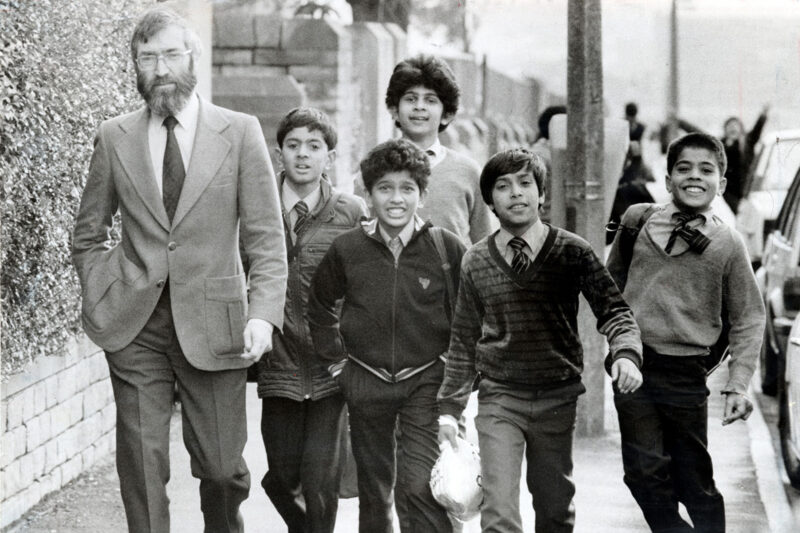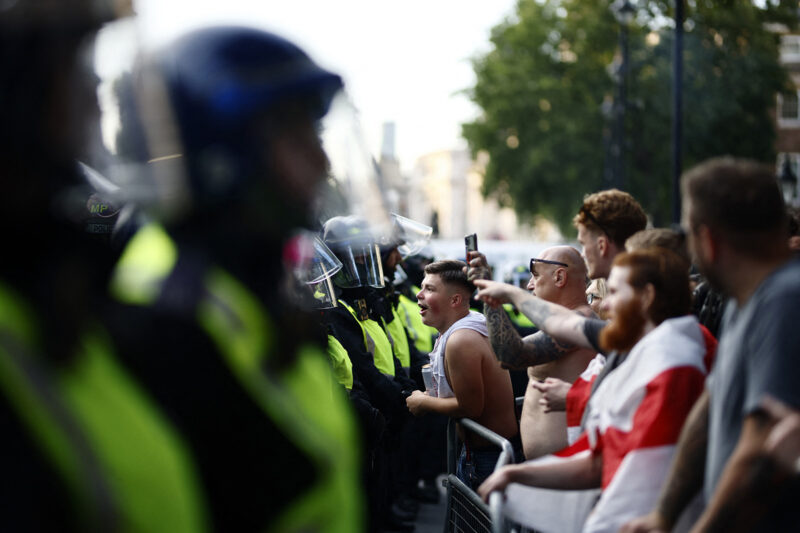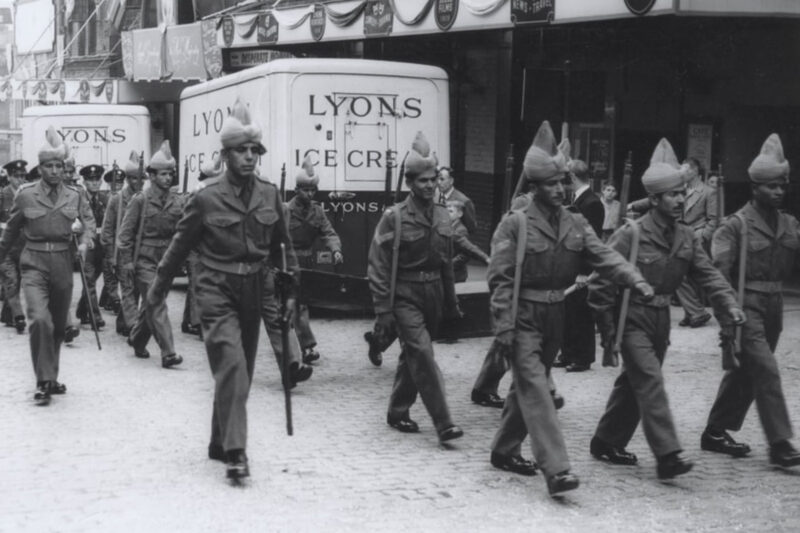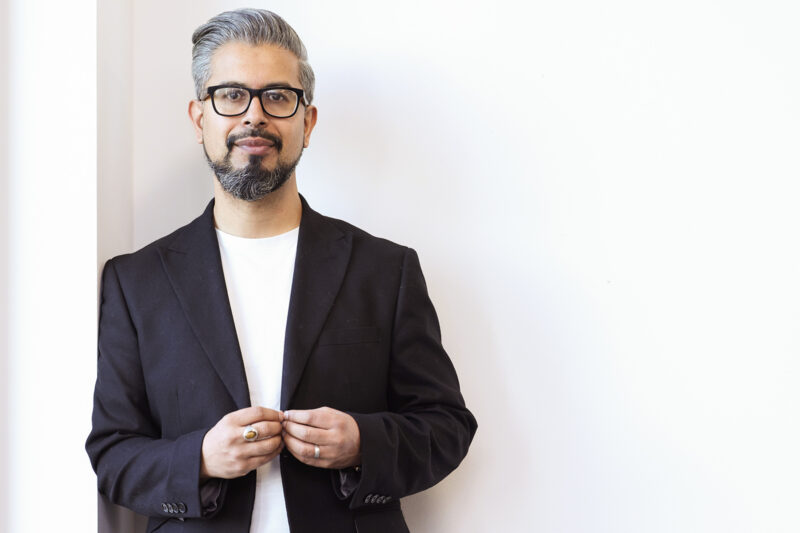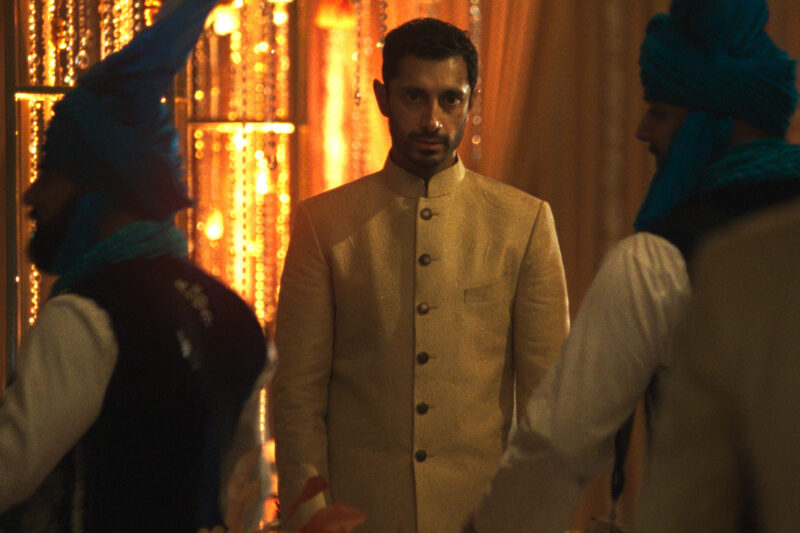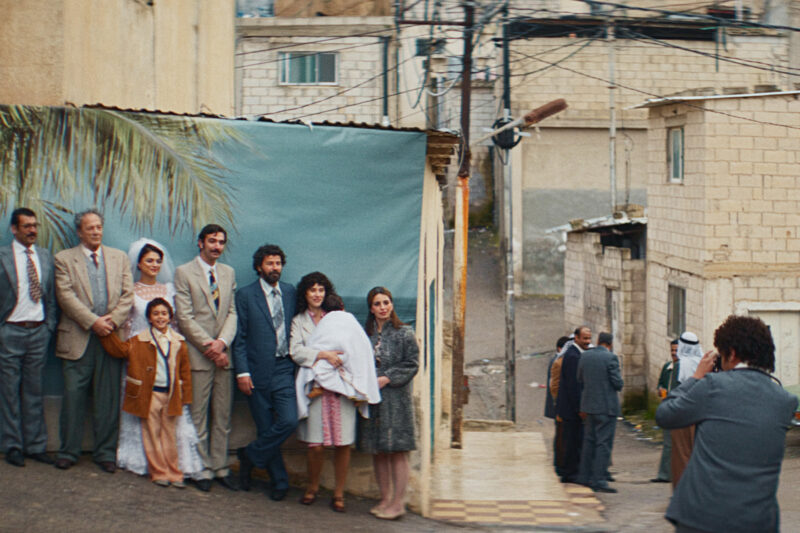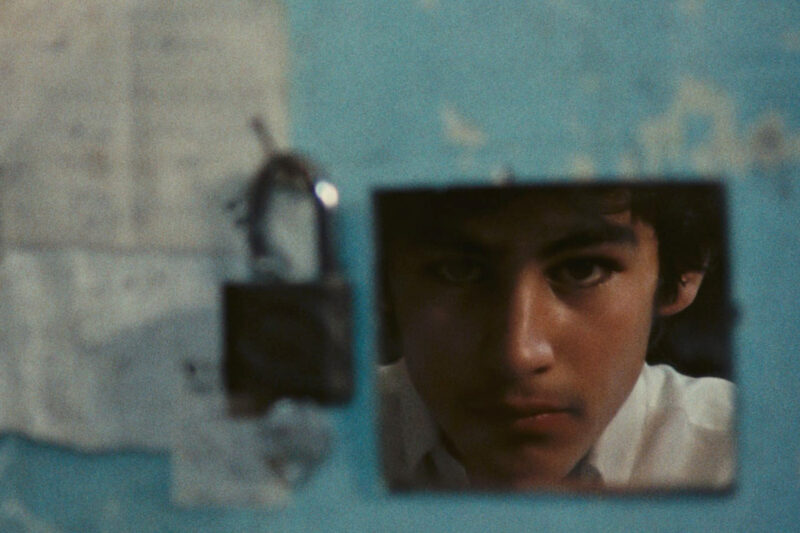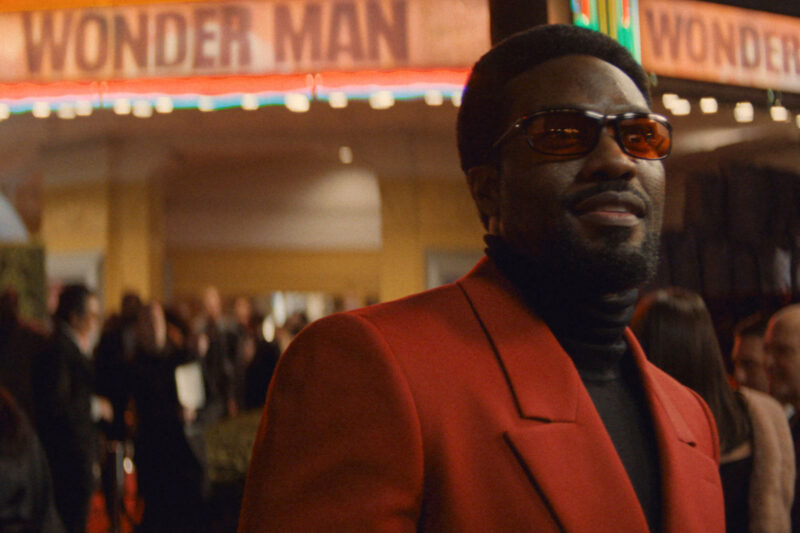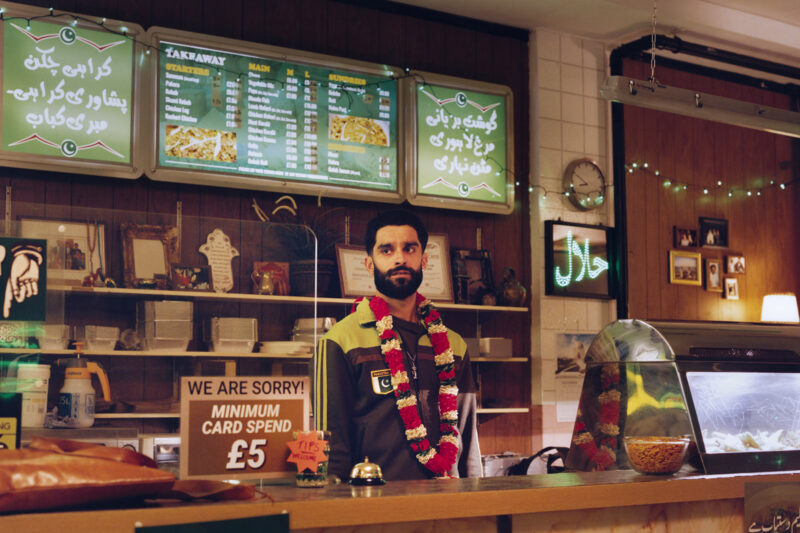Review: In Camera satirises the film industry, but also shows how its future can be brighter
The debut feature from Naqqash Khalid, with its terrific lead Nabhaan Rizwan, proves that a far more interesting story lies away from the prototypical white protagonist
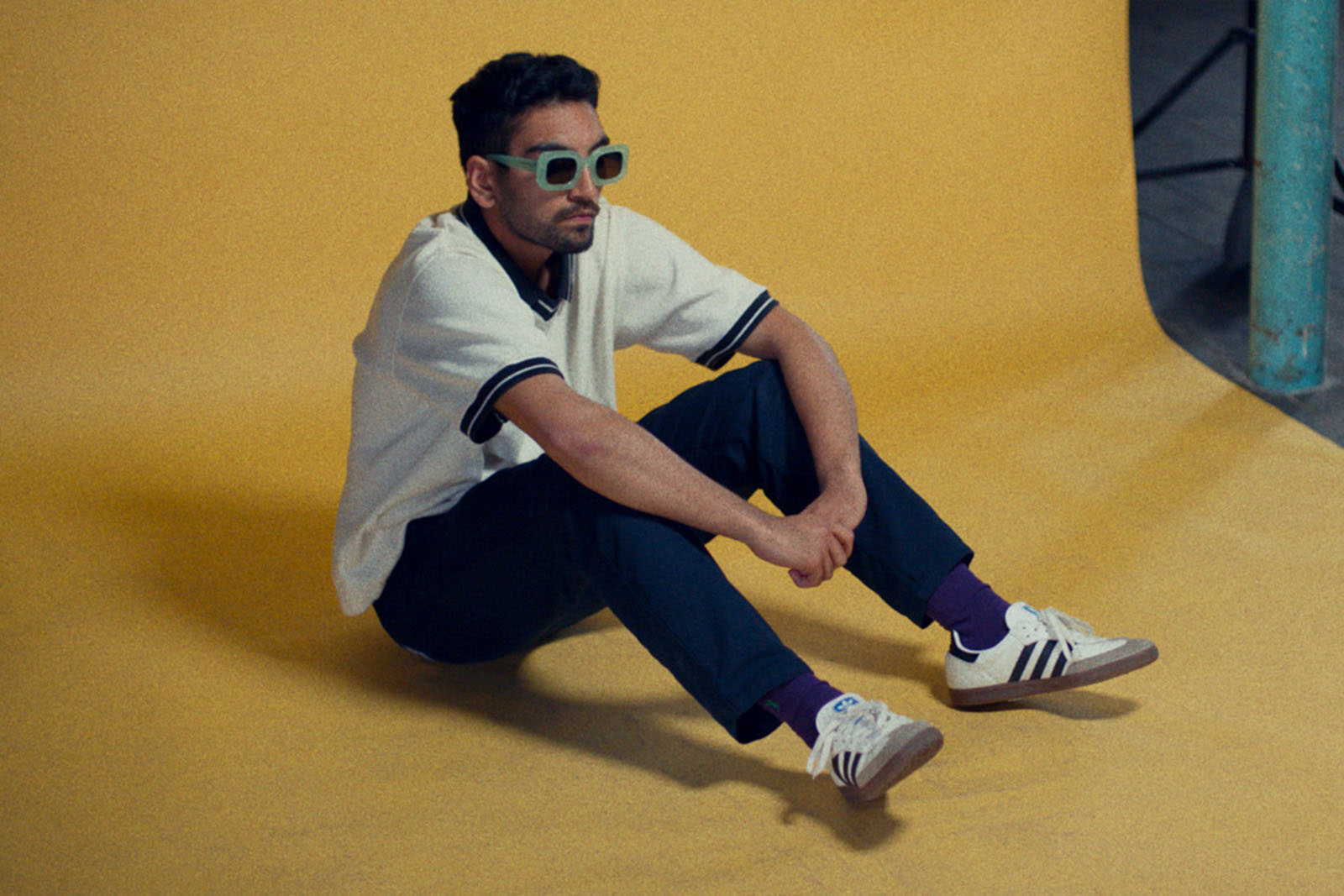
As glamorous as movie stardom seems, even the most prominent actors I’ve interviewed have spoken about the continual rejection they faced to secure it. While almost anyone can relate to being overlooked for a promotion or ghosted after an interview, rejection is the default for budding actors.
In Camera, the first feature from writer-director Naqqash Khalid, begins with one of the lucky few who has “made it” — a tall young white actor (Aston McAuley) who is the lead on a successful TV show. After wrapping a scene his agent tells him this show is a hit and has been picked up for two more seasons, but that means he won’t be able to make the film with that exciting up-and-coming director “Naqqash” (a nod to Khalid himself).
The actor is furious, and we as the audience are now ready to settle in for his journey, but then the camera pans to his scene partner, the man lying silently on the floor playing a dead body. Aden (Nabhaan Rizwan), it turns out, is actually our protagonist. He lies without moving an inch while fake blood seeps into his own clothes — the wardrobe department didn’t bother to give him a costume. When the scene ends, he gets up from the sticky pool of red and tries to tell the lead that he enjoyed working with him, only to be ignored and then unceremoniously marched off set.
Aden auditions and auditions, often wearing the same outfit as the other actors who are going up for the same limited roles that he does, largely playing dead bodies or terrorists of non-specific Middle Eastern origin.
In Camera establishes early on that it’s not Aden’s lack of talent holding him back. In acting classes and auditions, we see that he has a transfixing presence and is a nuanced performer, with his teacher floored by his work.
While in nearly every vocation, those from marginalised communities can struggle to be seen and valued like their white counterparts (I find it deeply depressing that I’m still so often mistaken for one of the few other non-white film journalists I bear no resemblance to), in the world of In Camera, acting is exposed as having a particularly cruel prism. The British film industry still possesses an attitude that one successful British-Asian thespian will suffice.
The particular cruelty and madness of pursuing acting is pulled into sharper focus by the arrival of Conrad, Aden’s new roommate, the terrific Amir El-Masry, the Egyptian-British actor best known for Ben Sharrock’s Limbo. Conrad’s fashion business is thriving and his own “otherness” has translated into professional power — he falsely assures Aden that “we’re the new currency now, we’ve got to use it”.
As rejection after rejection accumulates, Aden has all but lost any true sense of identity as an artist, so he ingeniously takes up a new approach. After a highly unconventional role which he takes in a moment of desperation (to give away more would constitute a spoiler), he is left disturbed. Still, he sees new potential in his path. If the industry lets him operate under such limits, why not broaden his own remit? Aden takes performance into his own life, adopting new personas for each new interaction, a choice that ultimately feels like a hybrid of method-acting and psychopathy.
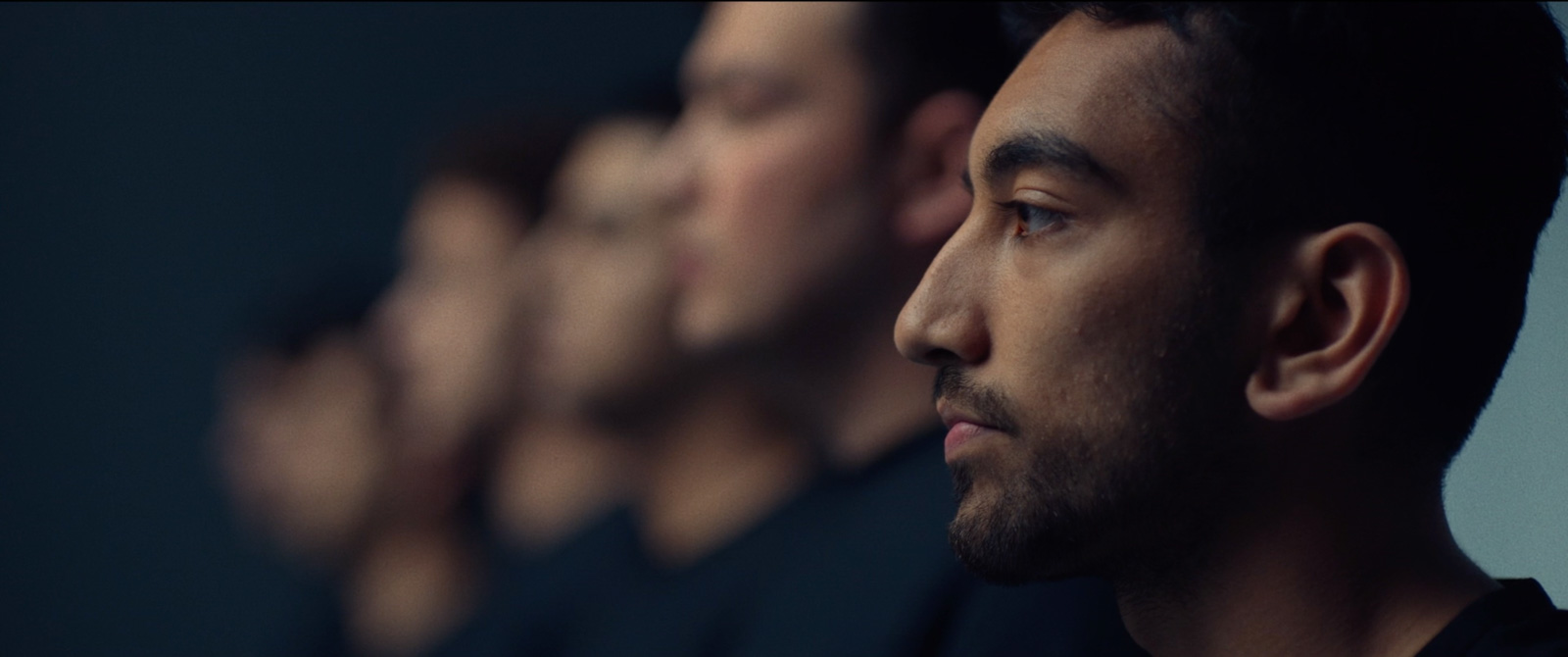
More than the specific challenges of choosing to be an actor, a field where the odds of making a living are slim for most and near-impossible for young Muslims, In Camera looks at what it means for the wider world when culture comes through such an inflexible lens. It shows how being part of a community where your members are viewed as interchangeable bodies in a room, rather than the protagonist, poisons the well for us all.
The film acts as its own antidote to that poison in the well of the British film industry, proving that a far more interesting story lies away from the prototypical white protagonist. Just by shifting your gaze to the person being studiously ignored, there are fascinating stories to be told.
Watching it, I thought of every up-and-coming actor of colour I’ve interviewed over the years who had taken jobs on projects playing stereotypes, but felt hopeful that it could lead to something more, that if they could just get their foot in the door there would be more roles — better, more complicated roles. Often, those interviews would end with me inquiring about what these young actors wanted to do in the future, and there would be a moment of melancholy as we both remembered the uneven playing field ahead.
Through In Camera, both in its rapturous reception for Khalid and its phenomenally talented lead now starring in Netflix’s Kaos alongside Jeff Goldblum, the future for the industry it satirises now seems a little brighter. No one is going to come out of this film wanting to become an actor, but instead you’ll be grateful that ones like Rizwan were able to handle rejection until people started saying “yes”.
In Camera opens in UK cinemas on 13 September.
 Newsletter
Newsletter



